
Recommendation
Journalist Ian Dunt practical explanation of Brexit brings up solid, eye-opening and worrying points about Brexit and the British government’s approach to it. He effectively emphasizes the complexity of the Brexit mission and the severe strain it will put on the UK’s scanty trade negotiating architecture. Dunt adeptly punctures a few myths Brexit supporters have circulated, such as the World Trade Organization’s potential role as the UK’s savior, and he disputes any vision that the post-Brexit world will be a place where establishing free trade deals will be easy or quick. He says the referendum question on the ballot paper was deceptively simple, but the reality of leaving the European Union will be anything but. While always politically neutral and while noting that the opinions here are those of the author, getAbstract recommends Dunt’s expert analysis and concrete examples with the caveat that this isn’t a good-news report on what lies ahead for Britain.
Summary
About the Author
Ian Dunt is the editor of Politics.co.uk. He also writes for a variety of British newspapers and magazines, including The Guardian and The Times.








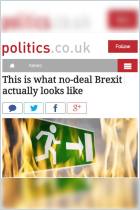
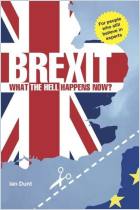
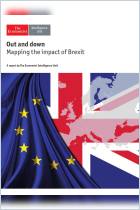
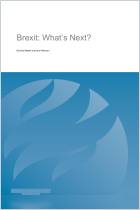
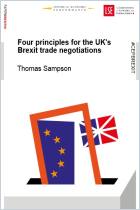
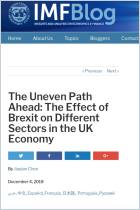
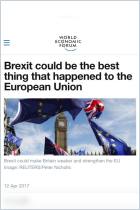

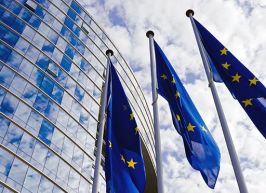
Comment on this summary or Comenzar discusión